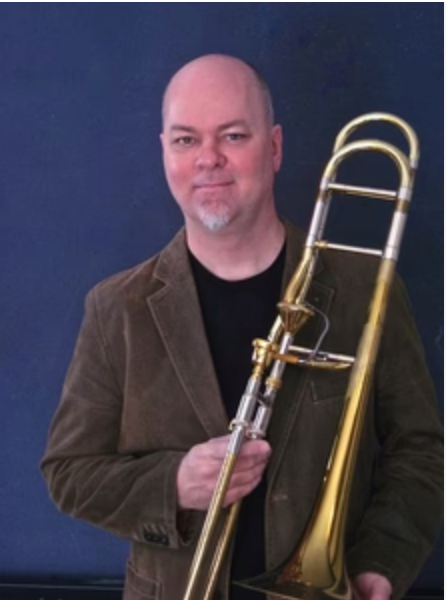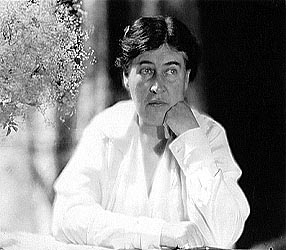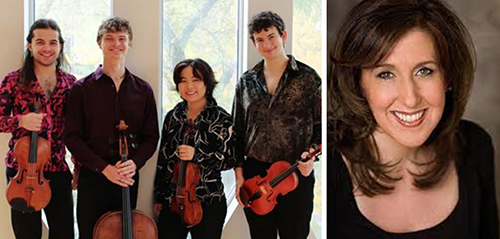by Mike Telin

On Monday, September 25 at 7:30 pm at West Shore Unitarian Universalist Church, the Poiesis Quartet — Sarah Ma and Max Ball (violins), Jasper de Boor (viola), and Drew Dansby (cello) — will join mezzo-soprano Nancy Maultsby to perform Stout’s Songs of Correspondence during the opening concert of Rocky River Chamber Music Society’s 2023-24 season. The program will also include Brahms’ String Quartet No.1 in c. The concert is free and will be livestreamed.
Stout, who is a member of The Cleveland Orchestra’s trombone section and a faculty member at Baldwin Wallace Conservatory, said that after he wrote the first few songs he realized that he should ask for permission to use the letters. When Stout contacted the University of Nebraska-Lincoln, which houses the Willa Cather Archive, he was told they were planning an event to celebrate the completion of the digital humanities project The Complete Letters of Willa Cather.
“They told me they were considering commissioning a song cycle, and if I wanted to be considered I should send them a couple of songs. And when I asked if I needed permission to use the letters, they said no, because everything’s going to be in the public domain next year anyway.” Stout said that one thing led to another, and he received the commission and support to record the work. “It’s been a wonderful honor for me.”

The first song Stout wrote is “Edith,” Cather’s longtime partner. “In all of her correspondence she referred to her as Ms. Lewis, and then my secretary. But there is one letter that she writes to her ‘darling Edith’ — that is full of beautifully poetic language.”
The eleven songs are each titled after the recipient of a letter, beginning with Mariel, her childhood friend in Nebraska. “The cycle sort of follows her life,” Stout said. “In her last letters to her brother she looks back on her childhood as a much older woman.”
Did Stout consult his mother while writing the cycle? “To have a Cather scholar to get advice from was great. I was able to ask, ‘Who in her life do you think she wrote to the most?’ And she really helped me with the final song, ‘Roscoe,’ Cather’s brother. I was struggling with that one, because I wanted to include material about him from earlier letters, and she was very helpful in figuring out how to do it.”
At roughly 46 minutes in length, Stout said that Songs of Correspondence is a challenge to sing because of the amount of text. “I listened to how other composers dealt with language. Bernstein uses language very solemnly and uses consonants in a very rhythmical way. It’s challenging for the singer for sure. But I had Nancy in mind when I was writing the piece. She’s a colleague of mine at BW, and she’s worked with the Orchestra on a number of occasions.”

If you didn’t know that Stout is also a composer, you’re not alone. “Nobody does,” he said. “It’s a fairly recent interest of mine, but when the pandemic hit, I threw myself into it. I took some tunes that had been piling up on my phone and began to sketch things out on paper, and everything sort of coalesced.”
He added that most of his other works have been written for the Factory Seconds Brass Trio, where he is joined by his Orchestra colleagues Jack Sutte (trumpet) and Jesse McCormick (horn). “I have kind of a laboratory there to try things out. And they put up with me making mistake after mistake. But to get to have this group that I’m pretty proud of as my laboratory is a huge part of learning.”
Published on ClevelandClassical.com September 21, 2023.
Click here for a printable copy of this article


